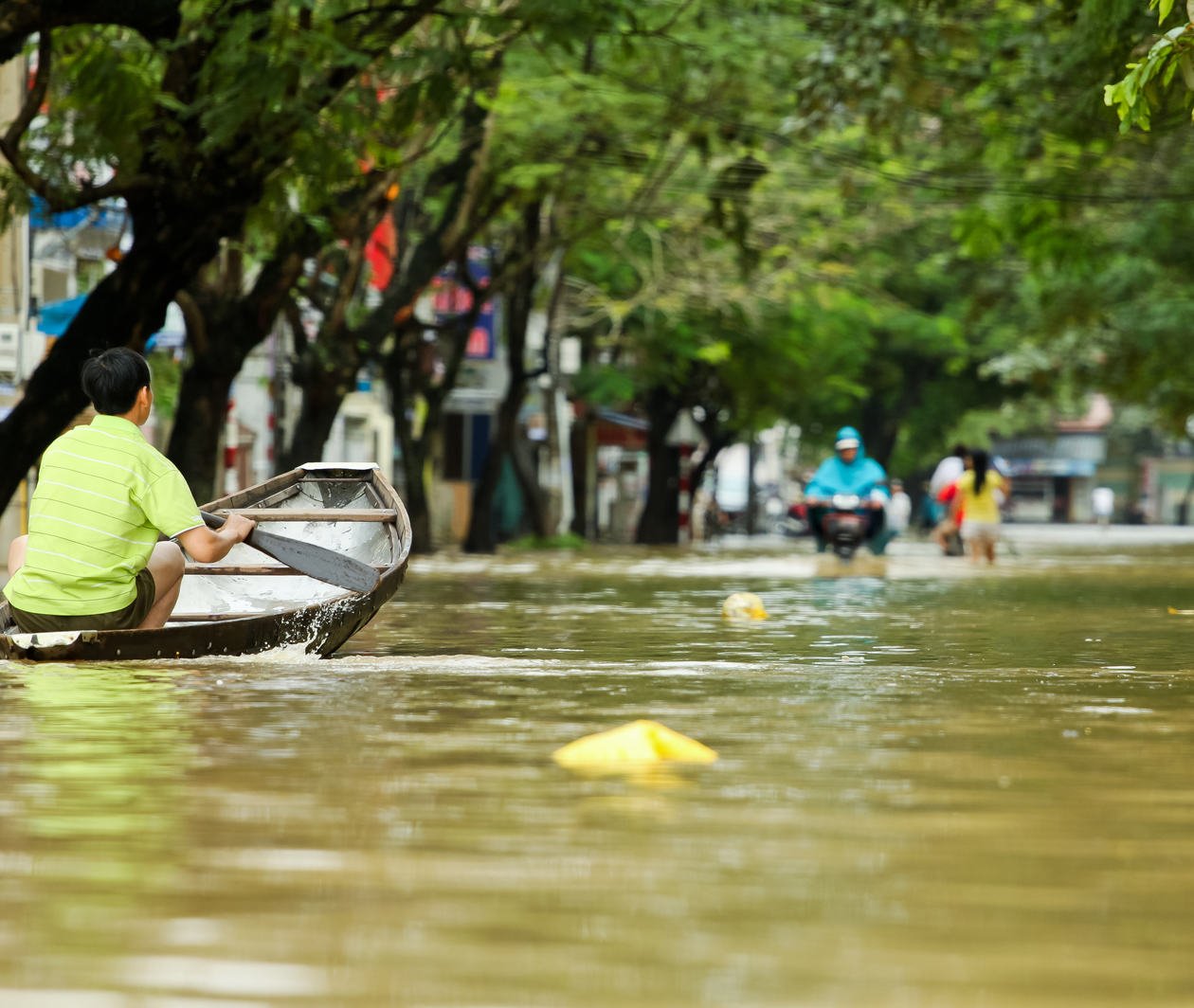Learn how and why accountability and standards should be applied to disaster management.

Duration
2 weeksWeekly study
3 hours
Disaster Interventions and the Need for Evaluation, Accountability and Learning
Evaluate the need for accountability and its importance to disaster management
Disasters and armed conflicts cause severe long-term consequences around the world. Addressing public and civil accountability can help reduce the effects of these disasters.
On this course, you will have the opportunity to consider disaster interventions by looking at the organisations involved and the people who work in them, and what they do to deliver effective, professional interventions in disaster risk reduction and humanitarian situations.
What topics will you cover?
- Discuss how organisational processes and practices outside of disaster intervention organisations might be used to improve interventions
- Introduce governance as a set of interconnected organisational systems, processes and external architecture for implementing projects
- Use a fictional example to investigate what it takes to provide an effective, efficient and appropriate intervention
Learning on this course
On every step of the course you can meet other learners, share your ideas and join in with active discussions in the comments.
What will you achieve?
By the end of the course, you‘ll be able to...
- Describe the historical evolution of monitoring, evaluation and accountability
- Explain and define accountability in disaster management
- Experiment with relevant accountability tools and mechanisms
- Identify why we need accountability in disaster management
Who is the course for?
This course is for anyone looking to learn more about monitoring, evaluation, accountability and learning in disaster management. It is ideal for learners from an academic or professional background in humanitarian disaster management, as well as policymakers, researchers, and students.
Please note that the individuals detailed in the ‘Who will you learn with?’ section below, are current staff members and may be subject to change.
Who will you learn with?
Principal Lecturer in Disaster Management, 18 years experience working internationally and in the UK. Teaching and research interests in risk, resilience, climate change and community engagement
Learning on FutureLearn
Your learning, your rules
- Courses are split into weeks, activities, and steps to help you keep track of your learning
- Learn through a mix of bite-sized videos, long- and short-form articles, audio, and practical activities
- Stay motivated by using the Progress page to keep track of your step completion and assessment scores
Join a global classroom
- Experience the power of social learning, and get inspired by an international network of learners
- Share ideas with your peers and course educators on every step of the course
- Join the conversation by reading, @ing, liking, bookmarking, and replying to comments from others
Map your progress
- As you work through the course, use notifications and the Progress page to guide your learning
- Whenever you’re ready, mark each step as complete, you’re in control
- Complete 90% of course steps and all of the assessments to earn your certificate
Want to know more about learning on FutureLearn? Using FutureLearn
Learner reviews
Learner reviews cannot be loaded due to your cookie settings. Please and refresh the page to view this content.
Advance your career with a degree
Since 2017 you have been able to take a degree on FutureLearn. This free course is a bit like a starter course for a degree — it should give you a flavour of the degree subject but can also be your first step towards a degree qualification.
If you enjoy this course you can apply to join the program it’s part of to start working towards a degree on FutureLearn.
Don’t worry, you can still take the course without doing a full degree!
The world is changing and so are the types and levels of disasters and conflicts. Explore the topics of disaster intervention, evaluation and learning.
